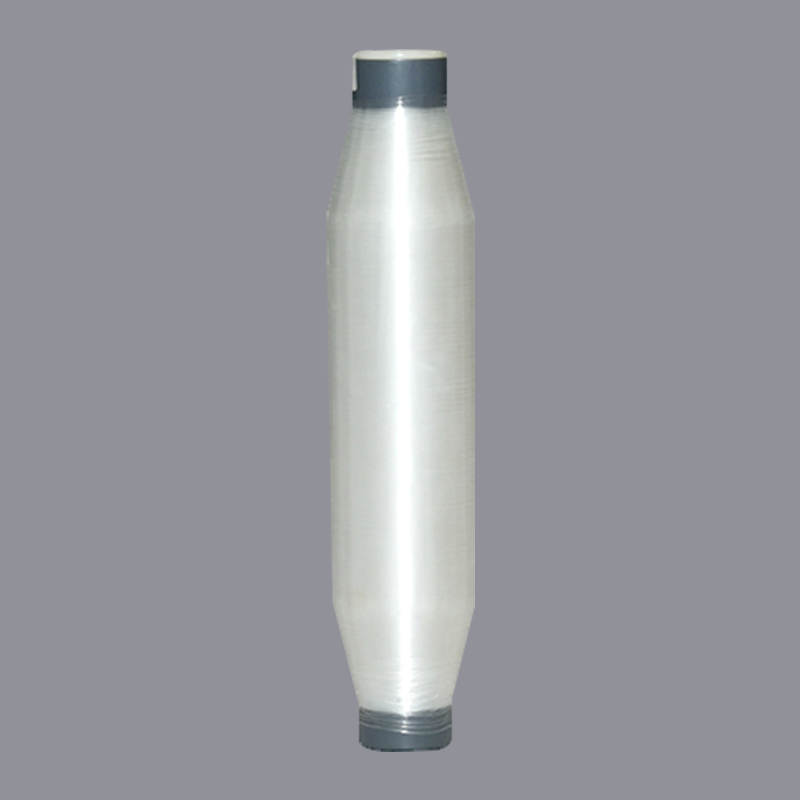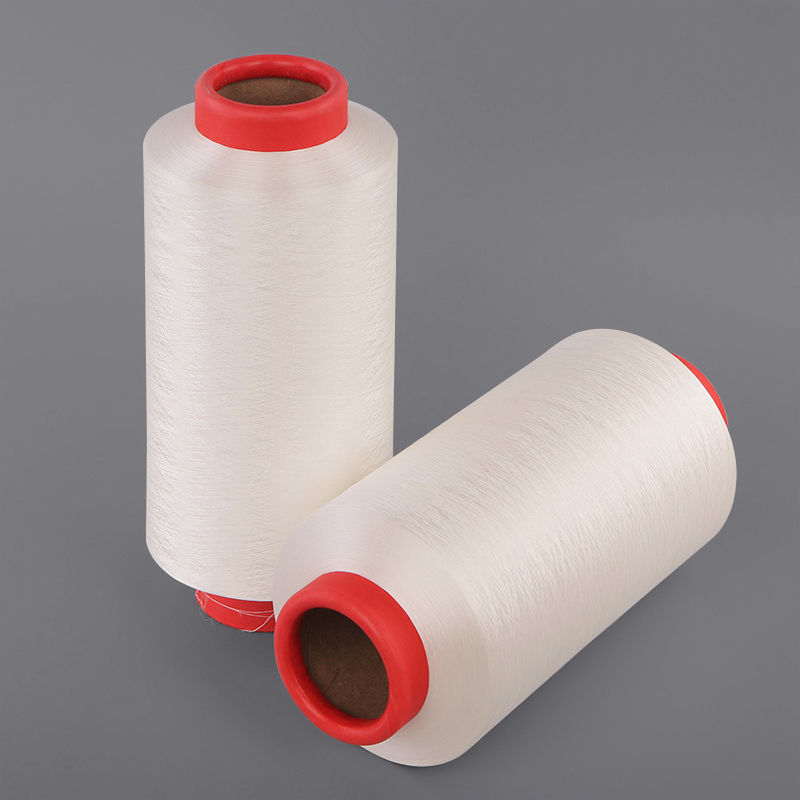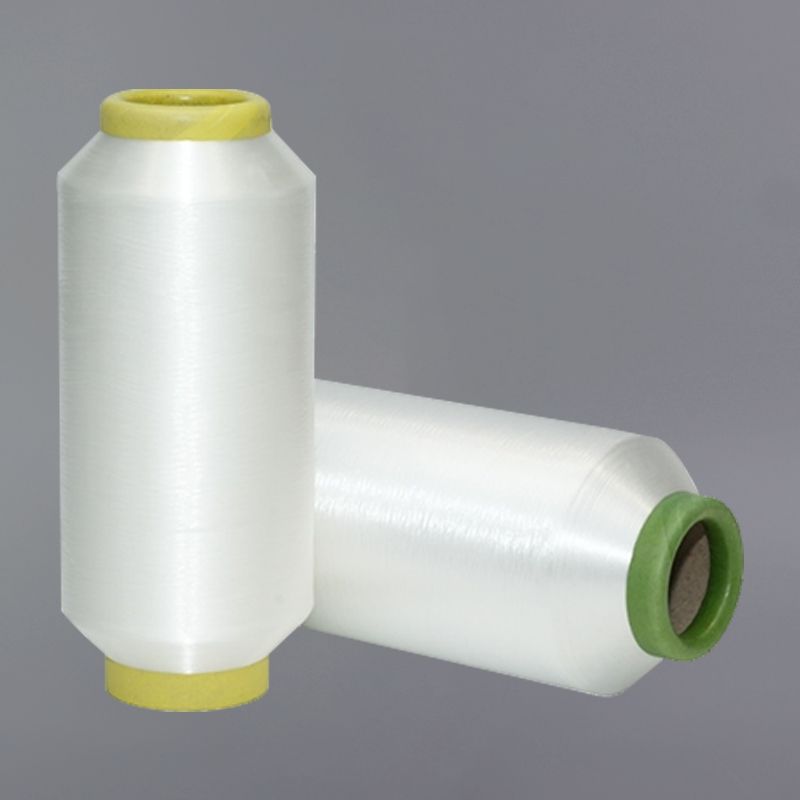Content
Definition of PE yarn
PE yarn, or polyethylene yarn, is a synthetic fiber made from polyethylene resin through melt spinning technology. This yarn, due to its excellent performance, is widely used in a variety of fields and is a key material in the modern textile industry.
PE Yarn Characteristics and Advantages
The popularity of PE yarn stems primarily from its unique physical and chemical properties:
- High Strength and Abrasion Resistance: PE yarn possesses extremely high tensile strength and excellent abrasion resistance, making it ideal for use in fishing nets, ropes, and high-strength fabrics.
- Waterproof and Chemical Resistance: Polyethylene is inherently hydrophobic, making products made from PE yarn highly water-resistant. Furthermore, it is resistant to corrosion from most acids, alkalis, and organic solvents.
- Lightweight and Floating: Unlike many other fibers, PE yarn has a specific gravity less than that of water, allowing it to float — a key advantage in fishing and marine engineering.
- Biocompatibility and Hygiene: PE is non-toxic, odorless, and resistant to bacterial growth, suitable for medical and food packaging uses.
- Low-temperature resistance: Maintains flexibility and strength even in cold conditions.

Applications of PE Yarn
Thanks to its excellent properties, PE yarn is applied in multiple industries:
- Fishing and Navigation: Used in fishing nets, marine cables, and fishing lines.
- Outdoor Products: Found in tents, tarpaulins, backpack straps, and more.
- Industrial Manufacturing: Applied in filter fabrics, conveyor belts, and safety nets.
- Medical and Hygiene: Used in disposable nonwovens and protective clothing.
- Other Fields: Agriculture, construction, and consumer textiles also rely on PE yarn.
Conclusion
With its combination of strength, durability, waterproofness, and lightweight nature, PE yarn has become an essential material across industries. From industrial applications to outdoor and medical uses, it provides reliable solutions for demanding environments.

 English
English 中文简体
中文简体

